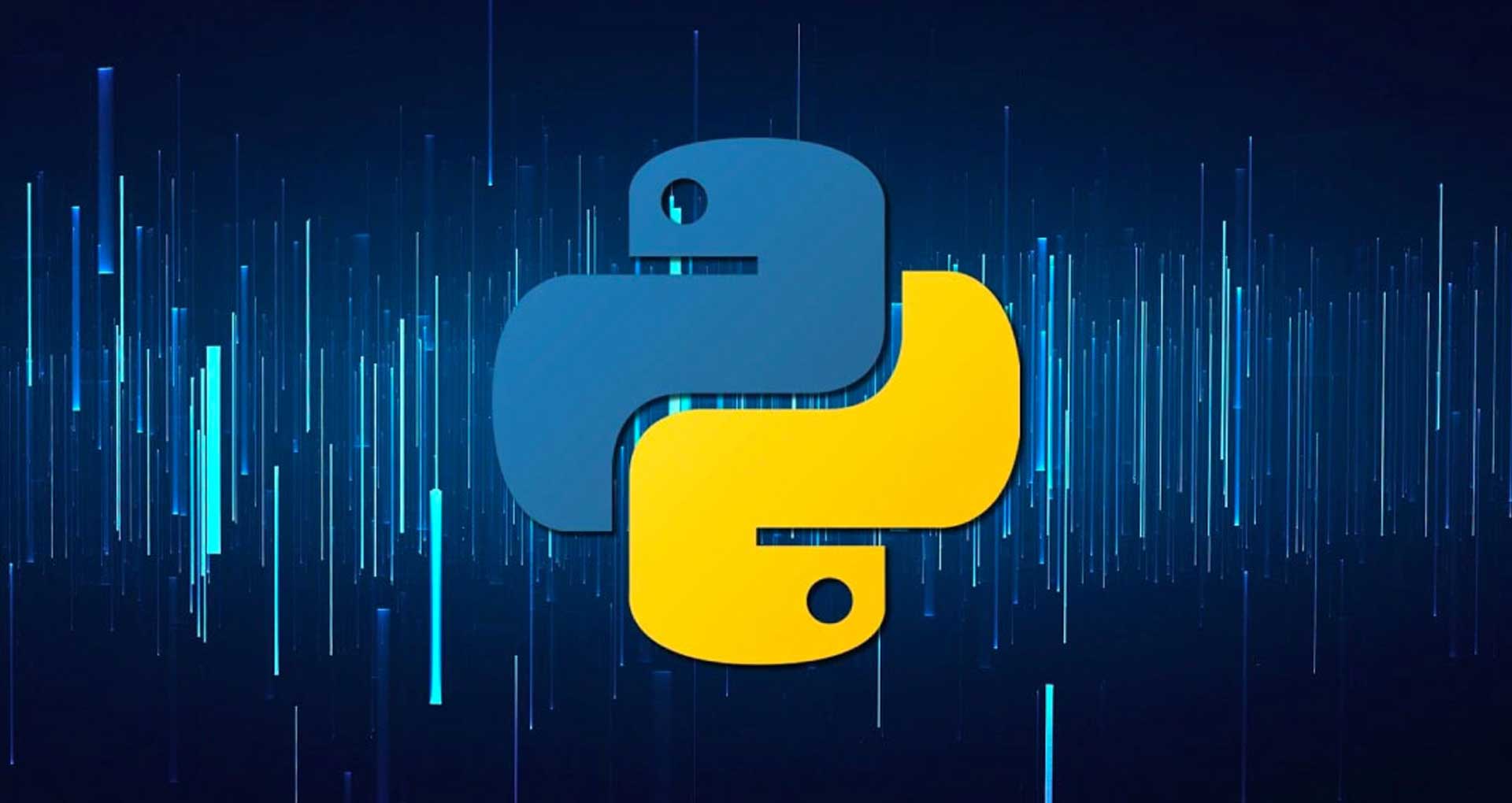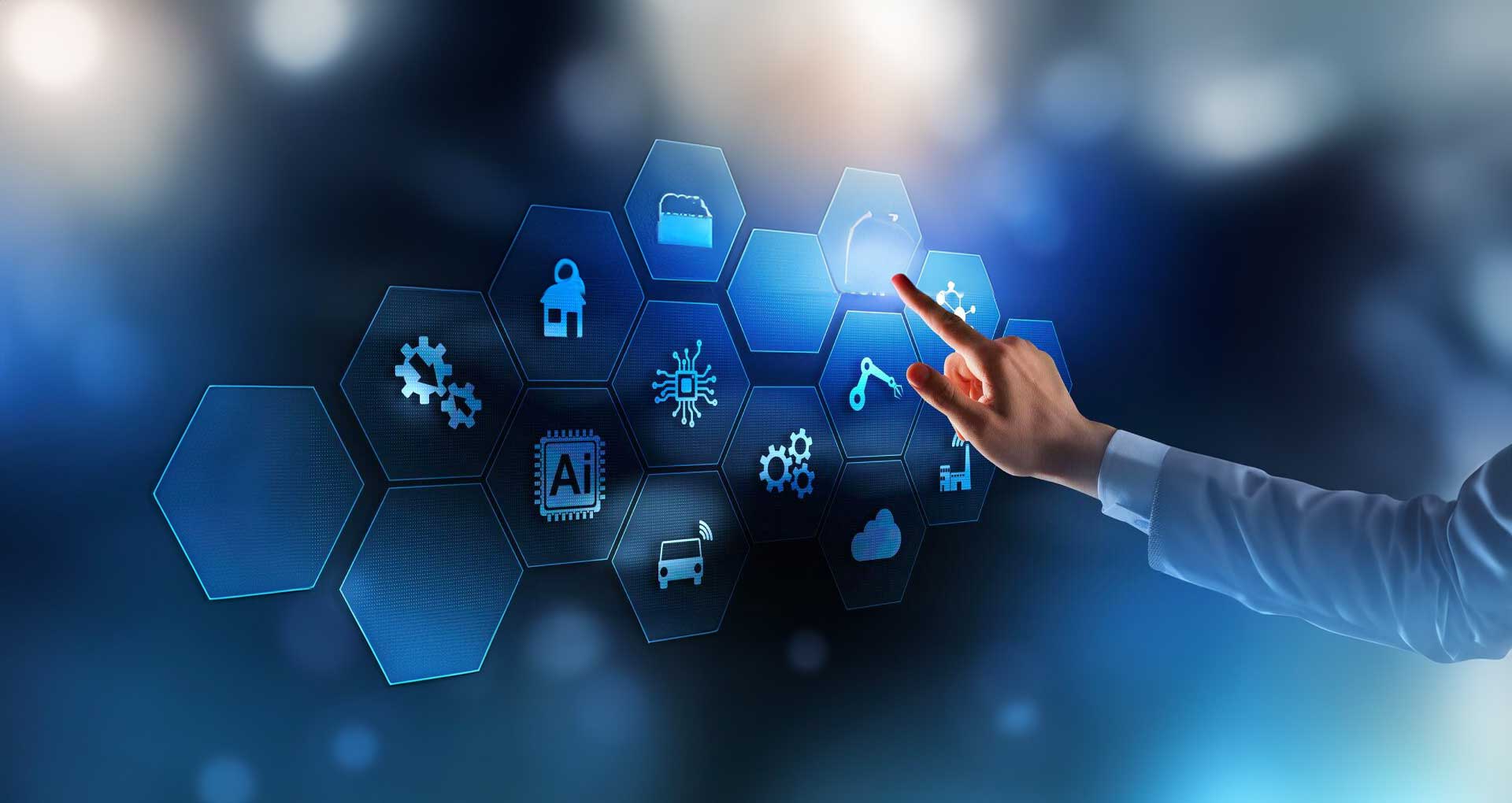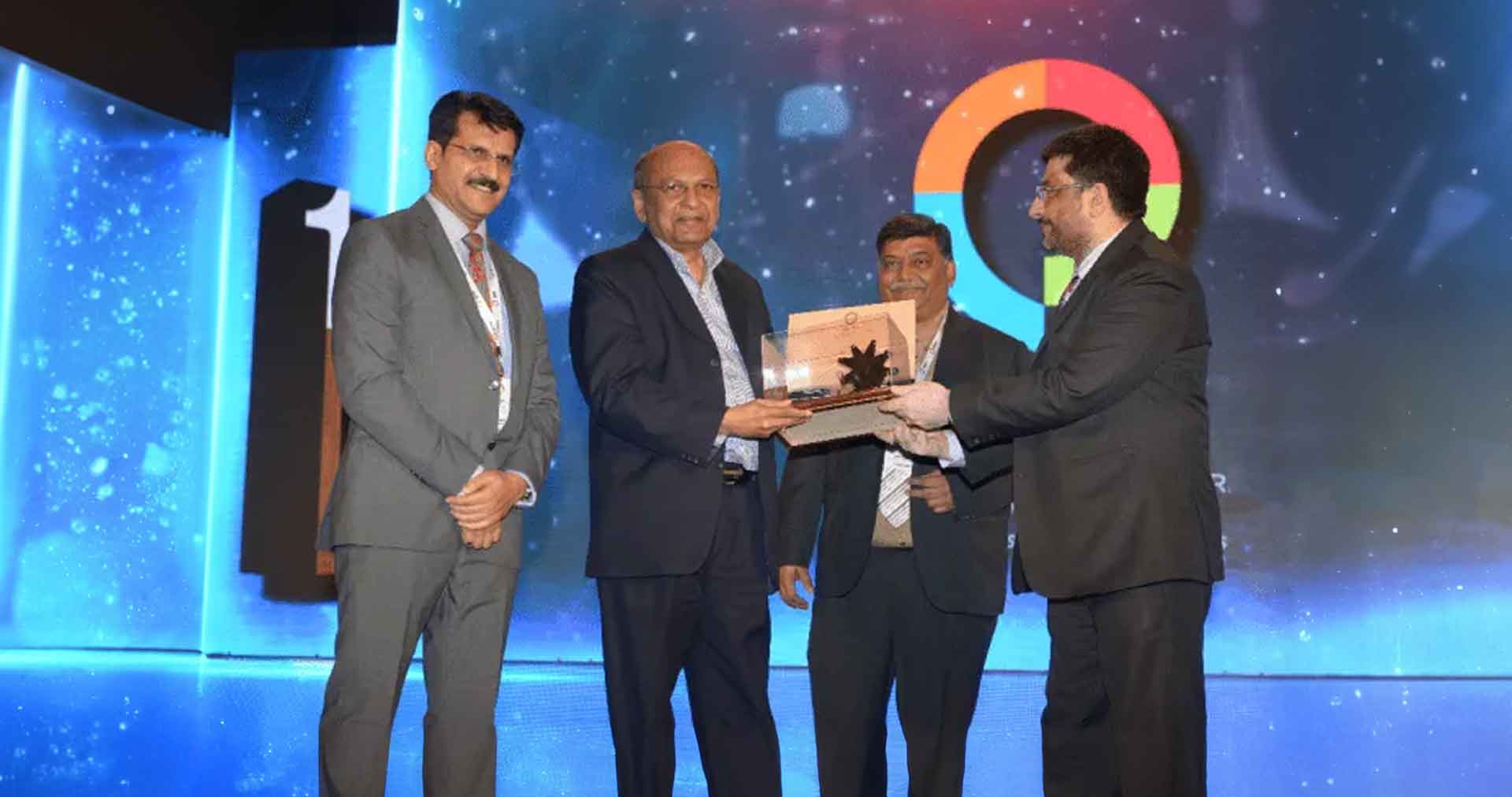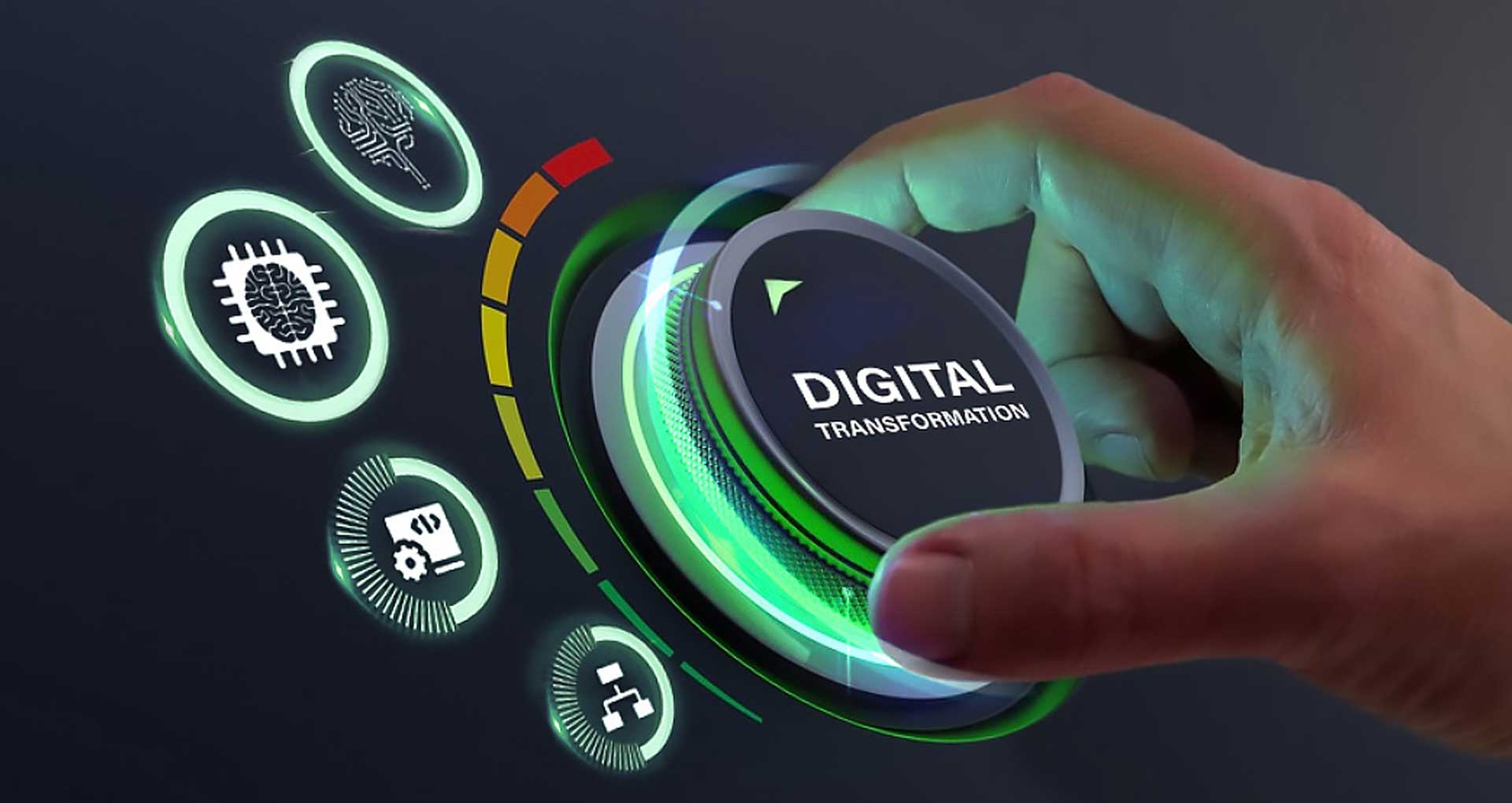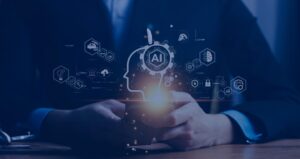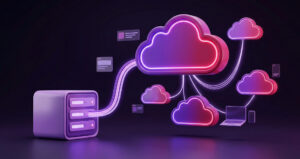Globally, Python has become one of the most loved programming languages. First released in 1991, it is one of the most widely used programming languages, even above Java & PHP.
It has significantly evolved from being a scripting language for system administrators to a popular language for Web Development, Machine Learning, Data Science, the Internet of Things (IoT), and much more. It is one of the many reasons Python is becoming increasingly popular among modern businesses.
Through this article, we’ll explore the reasons for Python’s popularity and popular use cases. We’ll try to answer what makes it so good for web development, creating machine learning-fueled solutions & modernizing legacy applications. And further, if you seek professional help with a Python-based project, how can Rishabh Software support you?
So, let’s begin!
What Is Python & Why Is It So Popular?
It is an open-source, interactive & interpreted programming language that supports object-oriented, functional & procedural programming paradigms. It is backed by a large community & gets frequent updates.
Did you know?
- Ranks 1st in popularity in the Tiobe Index and PYPL Popularity of Programming Language Index in 2022.
- According to Statista, it has one of the most active & largest communities, including 15.7 million developers in 2022.
- Here’s a list of a few of the companies that use Python;
- Google and subsidiaries like Youtube
- Facebook and subsidiaries like Instagram
- Netflix
- Quora
- And more
Now let’s look at some of the real-world best use cases for Python. It would help you gain some interesting ideas that you can leverage for your business.
Python Use Cases
It is a popular choice of language for almost every core Developer, Data Scientist, Machine Learning Engineer and more.
- Software development (cloud-based application development)
- Data Analytics {Data Science, Artificial Intelligence (AI) & Machine Learning (ML)}
- Internet of Things (IoT)
- Legacy app modernization & migration
- Software testing / writing automated tests
- Web scraping
- Game development
- And more
The top 4 Python use cases include Software Development, Data Analytics, IoT Development, and Legacy App Modernization.
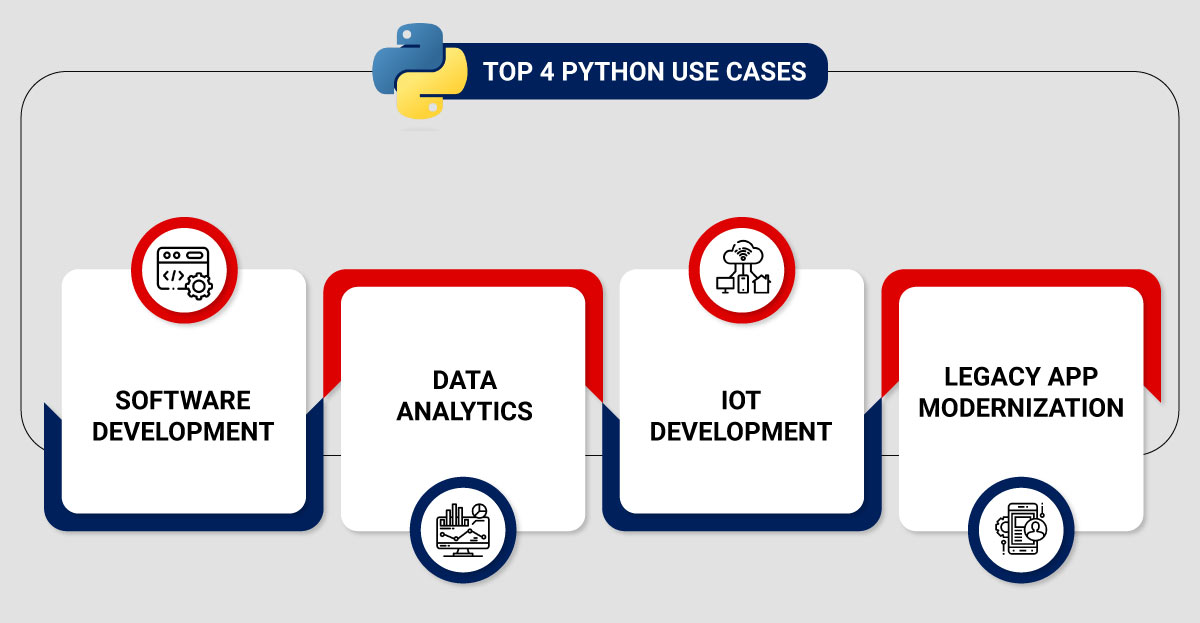
Python for Software Development
A robust ecosystem, simple syntax, and various frameworks covering scopes like the security & stability of the software make Python the best language for web development. Python is perfect for applying creativity & scripting applications and websites.
- Django follows the model–template–views architectural pattern and is suitable for big & complex projects requiring much functionality.
- Flask is a micro web framework and can help create quicker, more flexible, and scalable applications.
Python helps develop different apps & platforms across industries. The FinTech industry prefers Python over other coding languages due to its ability to manage complex mathematical tasks.
Python for Data Analytics
Data Analytics involves collecting, structuring & analyzing data for the users to make informed decisions. It also includes Data Visualization, Machine Learning & Artificial Intelligence. Python is highly beneficial in streamlining complex & massive data sets. Its unique characteristics make it suitable for data analytics. Python libraries & packages for data analytics, like Pandas, NumPy, and SciPy, enable higher scalability & efficiency.
- Pandas is a flexible, fast & easy to use data analysis and manipulation tool built on top of Python.
- NumPy is a package that enables scientific computing with Python. It offers comprehensive mathematical functions, linear algebra routines, random number generators, Fourier transforms, and more.
- SciPy offers fundamental algorithms for scientific computing & data structures that are applicable across domains.
Python has unique libraries explicitly developed for data visualization. They include Matplotlib, Seaborn, Bokeh, and Pandas.
- Matplotlib supports the creation of animated, interactive & static visualizations.
- Seaborn based on Matplotlib, provides high-level interfaces for drawing statistical graphics.
- Bokeh enables the creation of interactive visualizations and graphics ranging from simple plots to complex dashboards with streaming datasets. Additionally, it helps create JavaScript-powered visualizations without coding in JavaScript.
The most popular Python libraries for Machine Learning & Artificial Intelligence include Scikit-Learn & TensorFlow.
- Scikit-Learn is built on top of matplotlib, NumPy, and SciPy libraries. It provides simple yet efficient tools for predictive data analysis.
- TensorFlow helps prepare data, build & deploy ML models, and implement MLOps for ML and AI projects
Further, Python even supports the development of solutions for predictive analysis, risk assessment, sentiment analysis, prescriptive analysis, diagnostics, and more. While businesses across sectors use data analytics, listed below are some examples:
- It helps the e-commerce & banking industries detect fraudulent transactions.
- The healthcare sector utilizes data analytics to detect diseases before their symptoms appear.
- Logistics companies optimize vehicle routes using data analytics.
Its other use cases include inventory management, sales & marketing, smart cities, and more.
Python for IoT Development
Supports programming IoT devices and developing their software backends. It has become essential for IoT thanks to the speed of development & the numerous external & IoT libraries supporting it. Some notable libraries for IoT include; NumPy, Matplotlib, Pandas, TensorFlow and more. Python’s design implements business logic straight at the device level, making it connect with hardware devices easily. It helps build high-performance IoT systems by combining modern frameworks and protocols for data transfer. Python is ideal for developing device prototypes. Even if you do not create the IoT project from scratch, it helps interact with sensors, actuators & accessories.
Here are the three critical approaches for IoT development using Python:
- Python on Raspberry Pi: Raspberry Pi is a single-board portable computer that can be used for multiple purposes like running different OS, games, web servers, and designing various projects. Developers use Python for Raspberry Pi since it is helpful for interfacing Raspberry Pi modules when coding is required.
- Python on PyBoard: PyBoard is an electronics development board that runs MicroPython, a lightweight implementation of the standard Cpython interpreter. MicroPython runs on microcontrollers in constrained environments and uses minimal RAM. PyBoard connects to computers with Windows, Mac, and Linux via USB. It provides a USB flash drive to save Python scripts & a serial Python prompt for instant programming.
- Micropython with microcontrollers ESP8266 & ESP32: Micropython can run on WiFi microchip – ESP8266 or ESP32. They help create a low-power consumption IoT device that can integrate with wireless WiFi networks. IoT development requires installing Micropython on the computer, utilizing a suitable IDE (integrated development environment) & storing the compiled result in the memory of an ESP8266 or ESP32 microcontroller. Further, it requires writing necessary functionalities on the client side & running the IoT development on the microcontroller.
Python for Legacy App Modernization
Legacy apps need modernization to add ML & data analytics capabilities. And, Python is the most suitable language for app modernization due to its wide application in analytics vertical. With the increasing utilization of ML algorithms across industries, from finance to healthcare, the demand for legacy app modernization & upgradation with Python is increasing rapidly. It would include migrating apps from other technologies like ASP.NET, PHP, Java, etc., to Python.
How Can Rishabh Software Help?
We offer custom Python development services for robust web, cloud & analytics solutions. Our team combines Python’s high extensibility with application development to support you in building scalable apps. We leverage the built-in libraries as well as third-party APIs to develop and integrate modules for supporting varied Python for several use cases
We leverage the Python frameworks & libraries & utilize coding best practices to meet your project needs.
Here are some real-life use cases of Python from our experience.
Case Study 1: AI-based Invoice Fraud Detection & Prevention System
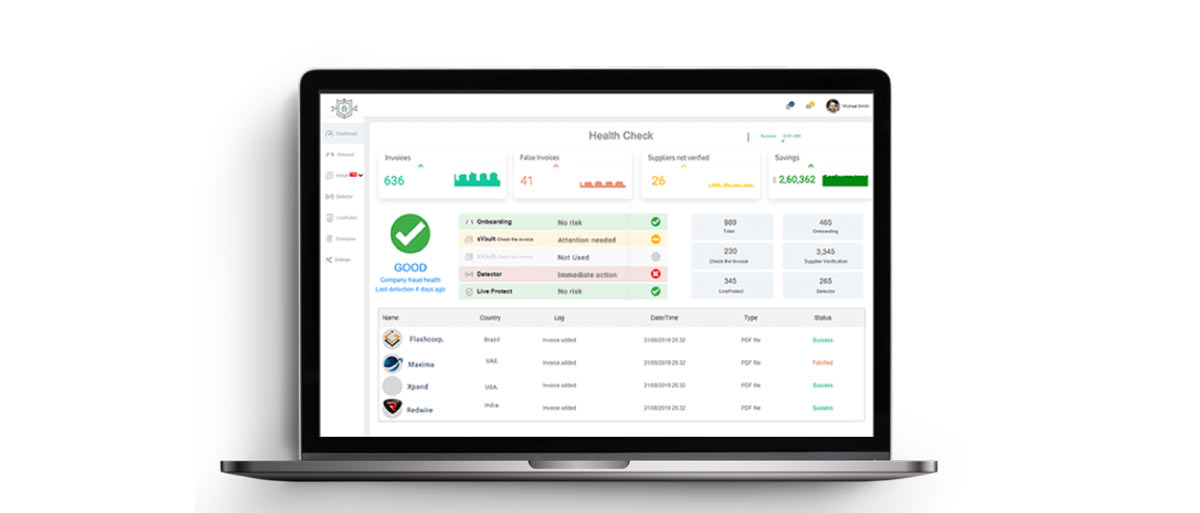
A UK-based software company wanted to develop an integrated system to identify, monitor, and prevent real-time payment fraud.
We built a robust web platform that can detect fraudulent anomalies by utilizing Artificial Intelligence functions like Deep Learning and Neural Networks. We used Python’s capabilities in Machine Learning to write the Deep Learning algorithms.
The developed centralized solution helps manage customer invoices and supplier verification. It provides modules for:
- Secure integration of the accounting system with bank accounts
- Detect & rectifying any instance of uploading false invoices/documents and manipulating supplier verification
- Identifying & reporting internal fraud patterns by connecting to company accounts & validating invoices & expenses
- Implementing two-step identification to onboard new employees by validating individuals’ identity according to their bank accounts and other required documentation
Key takeaways;
- 90%+ accuracy in identity validation to track & report false invoice
- 80% accurate fraud detection with internal invoicing
Case Study 2: Development of a Web Application with IoT Capabilities Utilizing Python
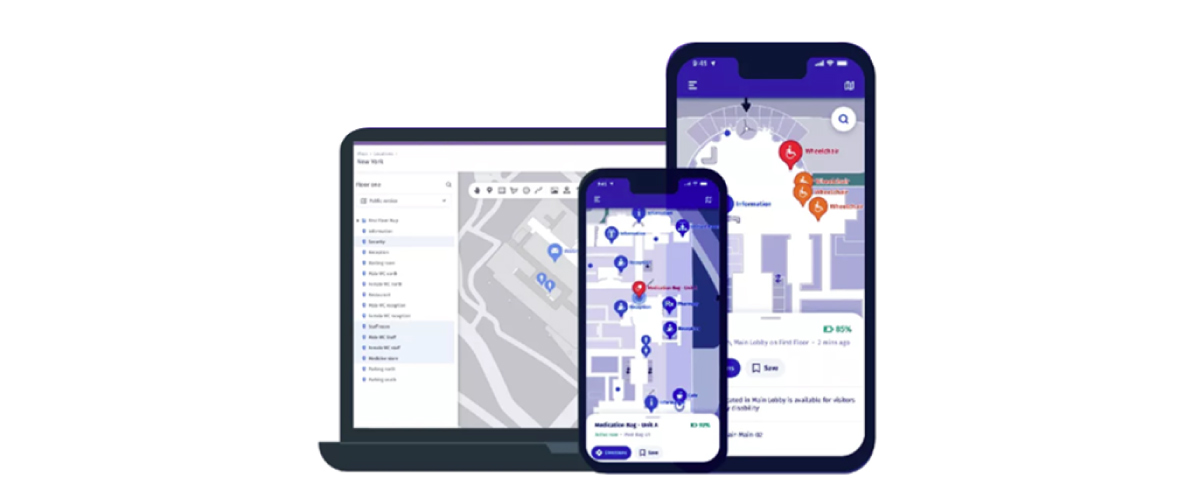
A UK-based indoor mapping service provider wanted to simplify and speed-up asset tracking & indoor navigation for their healthcare client. They wanted an IT partner to integrate IoT capabilities with their indoor mapping & navigation app.
We developed a native mobile app to enable seamless navigation for facility visitors and a web application with IoT capabilities for the medical staff to track assets.
We implemented the Real-time Location System (RTLS) with IoT capabilities and developed a native mobile app for both Android & iOS platforms. Further, we build a web application with IoT capabilities to manage the backend operations to monitor & communicate for equipment inventory & employee tracking.
Key takeaways;
- Gained 100% visibility into medical assets with complete control of resources
- 50% reduction in the time spent navigating the complex facility
Concluding Thoughts
The growing popularity & numerous applications of Python in different industries ensure that it is here to stay. Additionally, it is the most suitable language for ML, AI, Data Analytics & IoT, which are increasingly getting utilized in various sectors, from finance to healthcare.
We at Rishabh Software have experienced Python developers to help you with your IT project, no matter how complex. For your software development project, if you shortlist Python or are feeling lost at choosing a programming language in the first place, we’re here to help you.
